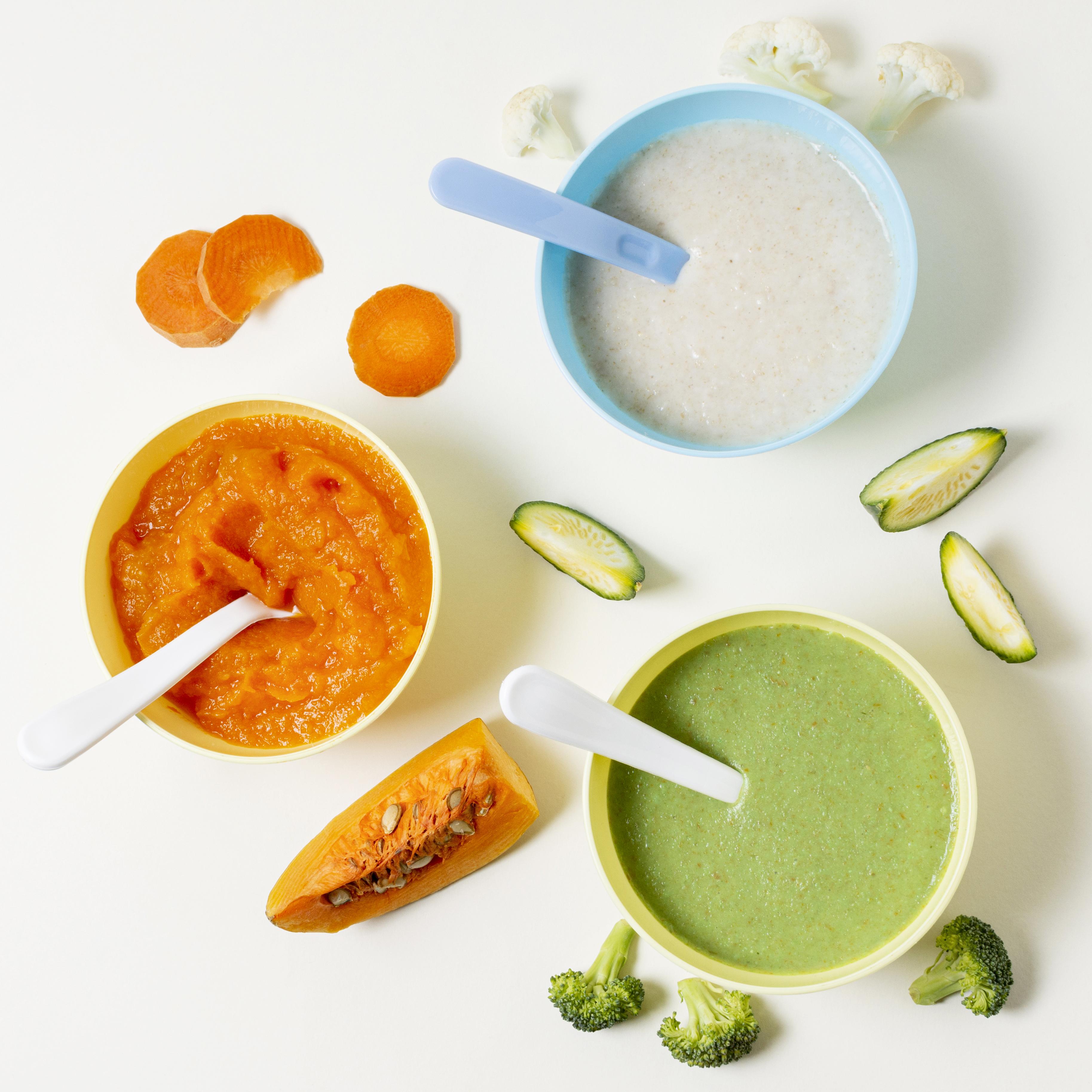The First 1000 Days: Why Nutrition Matters Most from Womb to Toddler
Dietician Anjali Goel explores the vital window from conception to a child's second birthday, where nutrition shapes a lifetime of health, growth, and cognitive potential. Blending Nepali traditions with modern nutritional science, the article offers prac

The first 1000 days—from conception to a child’s second birthday—are the most critical window for lifelong health, brain development, and disease prevention. In Nepal, where diverse food traditions meet modern challenges, focusing on maternal and child nutrition can shape the nation’s future.
What Are the First 1000 Days?
This period includes:
-
270 days of pregnancy
-
365 days in the first year
-
365 days in the second year
These days lay the foundation for:
-
Physical growth
-
Cognitive development
-
Immunity
-
Metabolic programming
Malnutrition or poor diet during this time can lead to stunting, low IQ, weak immunity, and even chronic diseases later in life.
Pregnancy Nutrition: Feeding Two Souls
For Nepali mothers, traditional foods like gundruk, milk, lentils, and saag can offer important nutrients—but the quality and variety matter.
Key Nutrients:
-
Iron (from meat, lentils, leafy greens) – prevents anemia
-
Folic acid (from green vegetables, oranges) – supports brain and spine development
-
Calcium (from milk, ragi, sesame seeds) – builds bones
-
Protein (from pulses, eggs, meat) – for tissue growth
Avoid:
-
Overuse of spicy pickles
-
Excess salt and fried street food
-
Untreated water
Breastfeeding: Nepal’s Natural Superpower
In Nepal, many mothers practice exclusive breastfeeding, which is ideal for the first 6 months.
Benefits:
-
Full nutrition + immunity
-
Protects from diarrhea, infections
-
Encourages mother-child bonding
Cultural Note: Feeding practices like giving honey or water early can harm digestion and weaken immunity. Stick to breastmilk alone until 6 months.
Weaning & Complementary Foods (6–24 months)
At 6 months, breastmilk needs to be supported by soft, mashed, and iron-rich foods.
Examples:
-
Mashed boiled potato with ghee.
-
Kodo ko dhido with spinach puree.
-
Rice-lentil porridge (jaulo).
-
Puréed carrots, pumpkin, or ripe banana.
Tips:
-
Feed every 2–3 hours
-
Use local, seasonal produce
-
Maintain hygiene: clean hands, bowls, and water
Avoid:
-
Junk snacks like instant noodles, chips, sugary biscuits
-
Bottled juices and soda
The Hidden Crisis in Nepal
Despite cultural food richness, Nepal still battles:
-
1 in 3 children under 5 are stunted
-
High levels of anemia in pregnant women
-
Urban shift toward ultra-processed food
The solution lies in education, access to nutritious local food, and support for mothers through community health workers and family awareness.
Final Thoughts
Nutrition in the first 1000 days is not just a health issue—it’s a social and economic investment. If we nourish our mothers and children well, we nourish the future of Nepal.
Simple Message: “Eat local, fresh, and whole foods. Support mothers. Feed minds and bodies—right from the start.”


